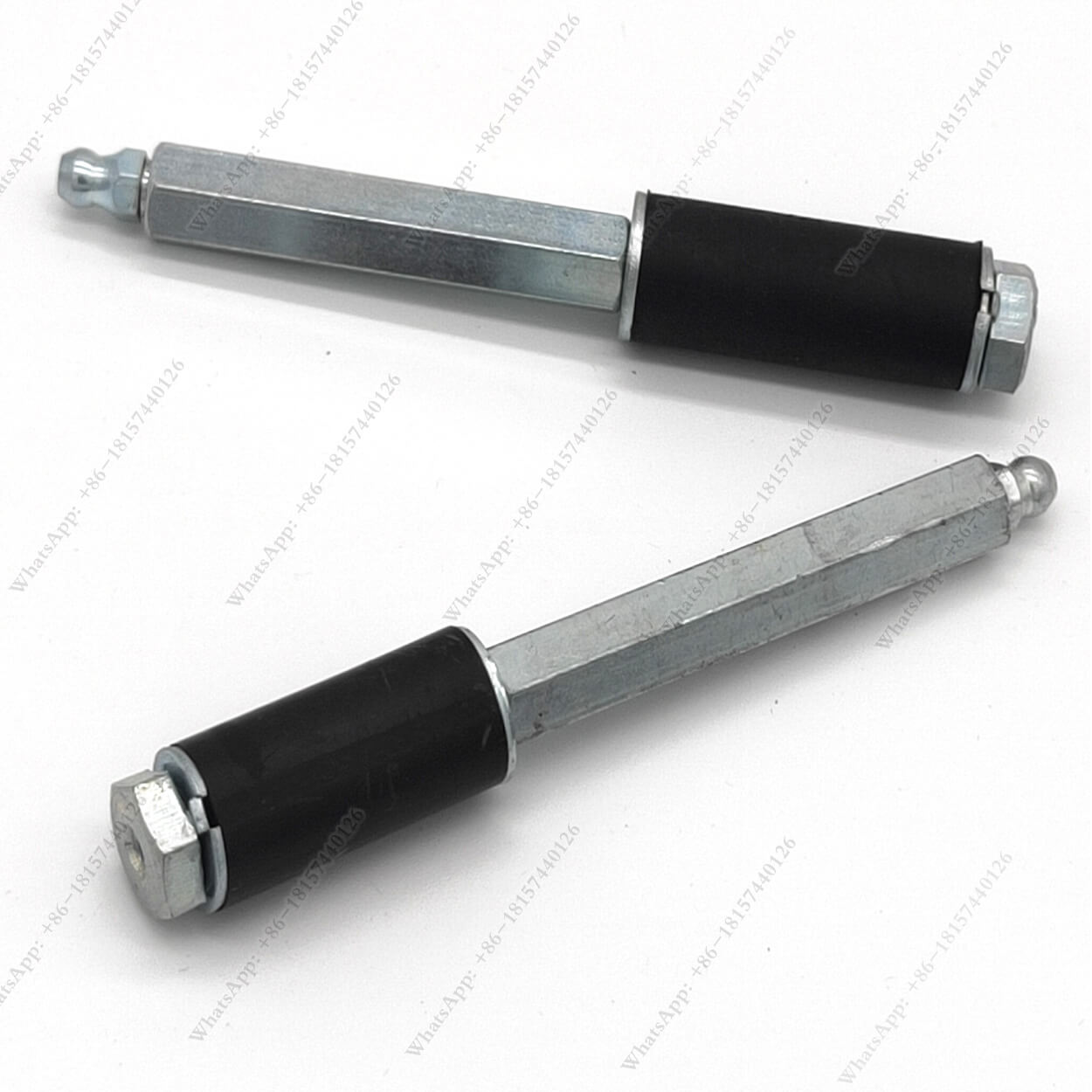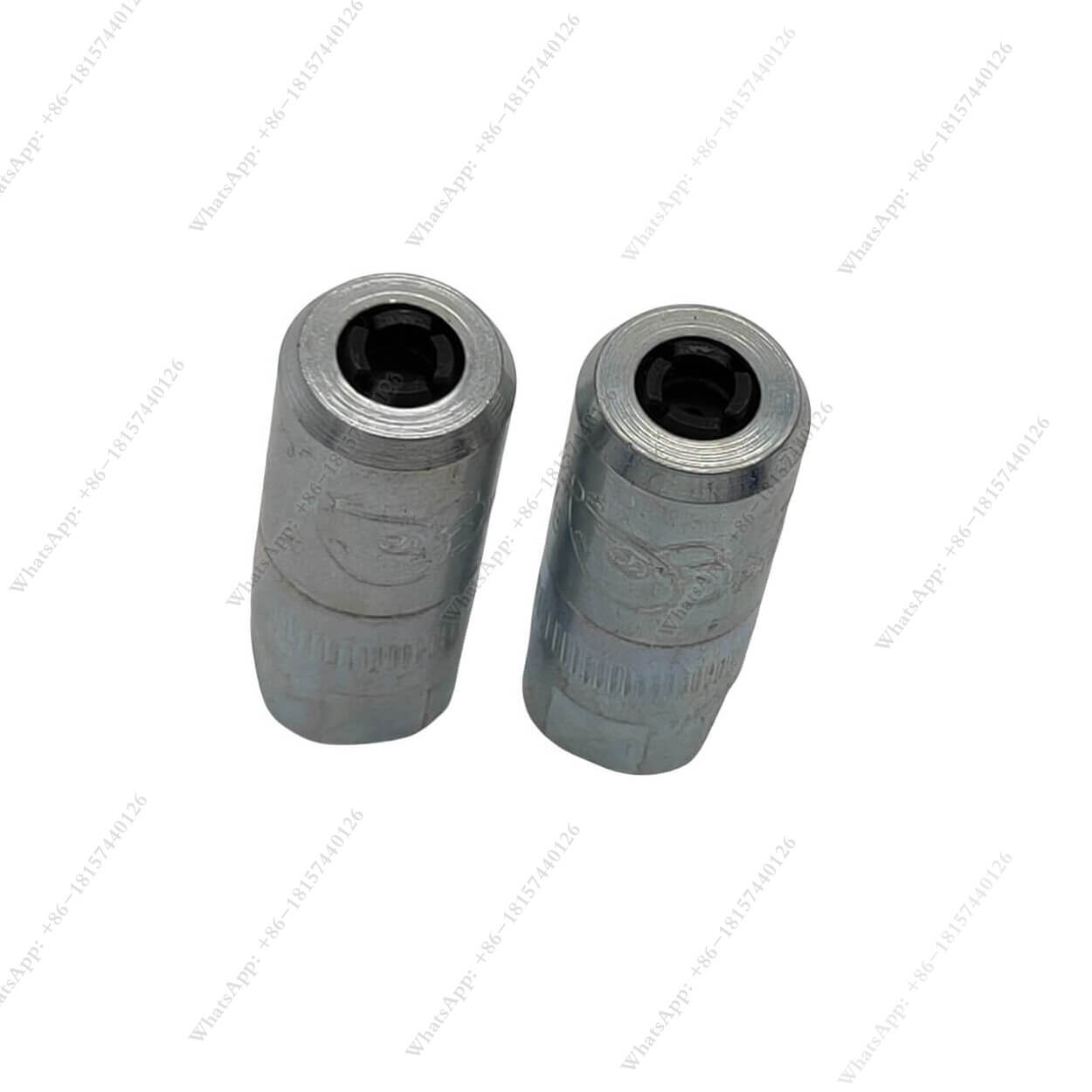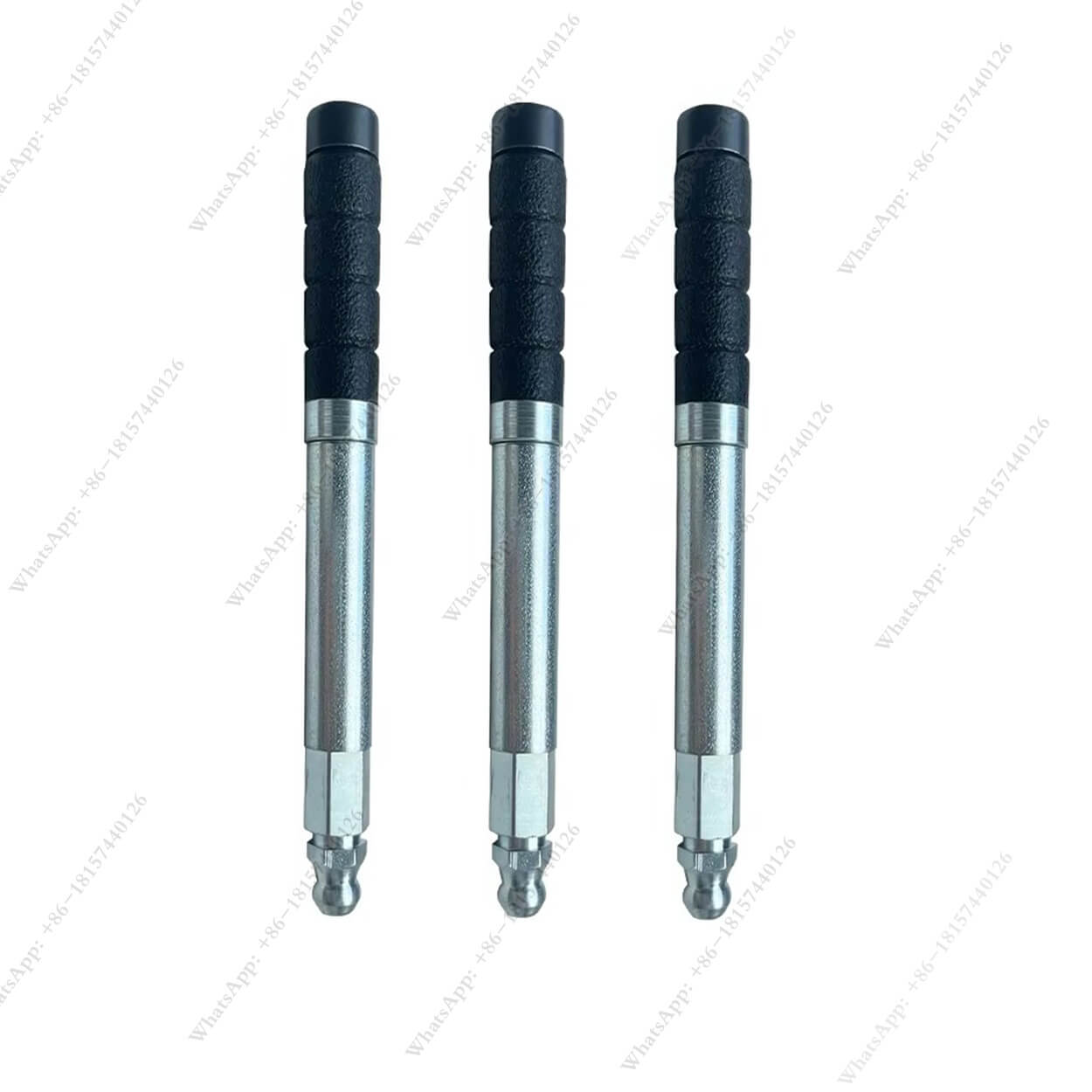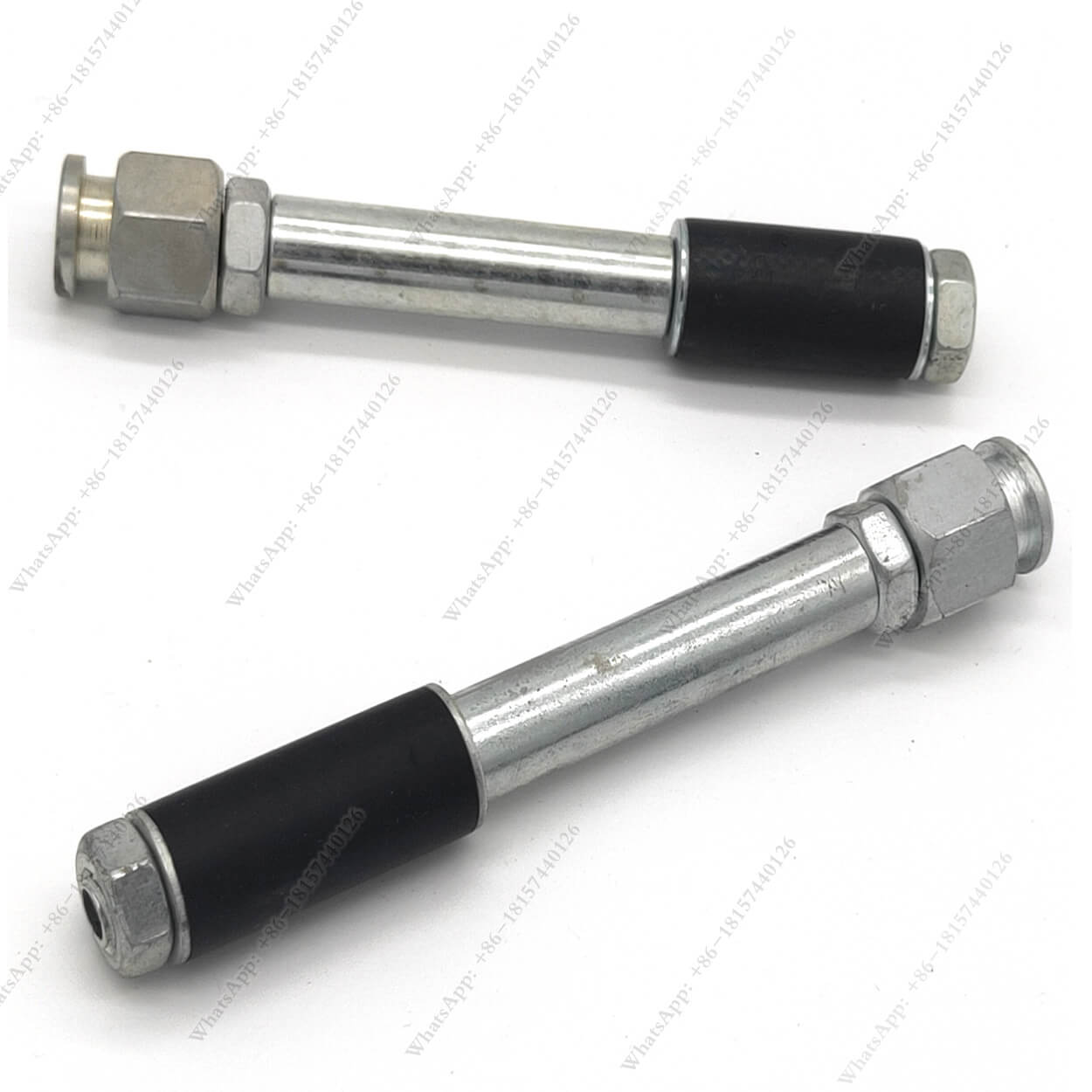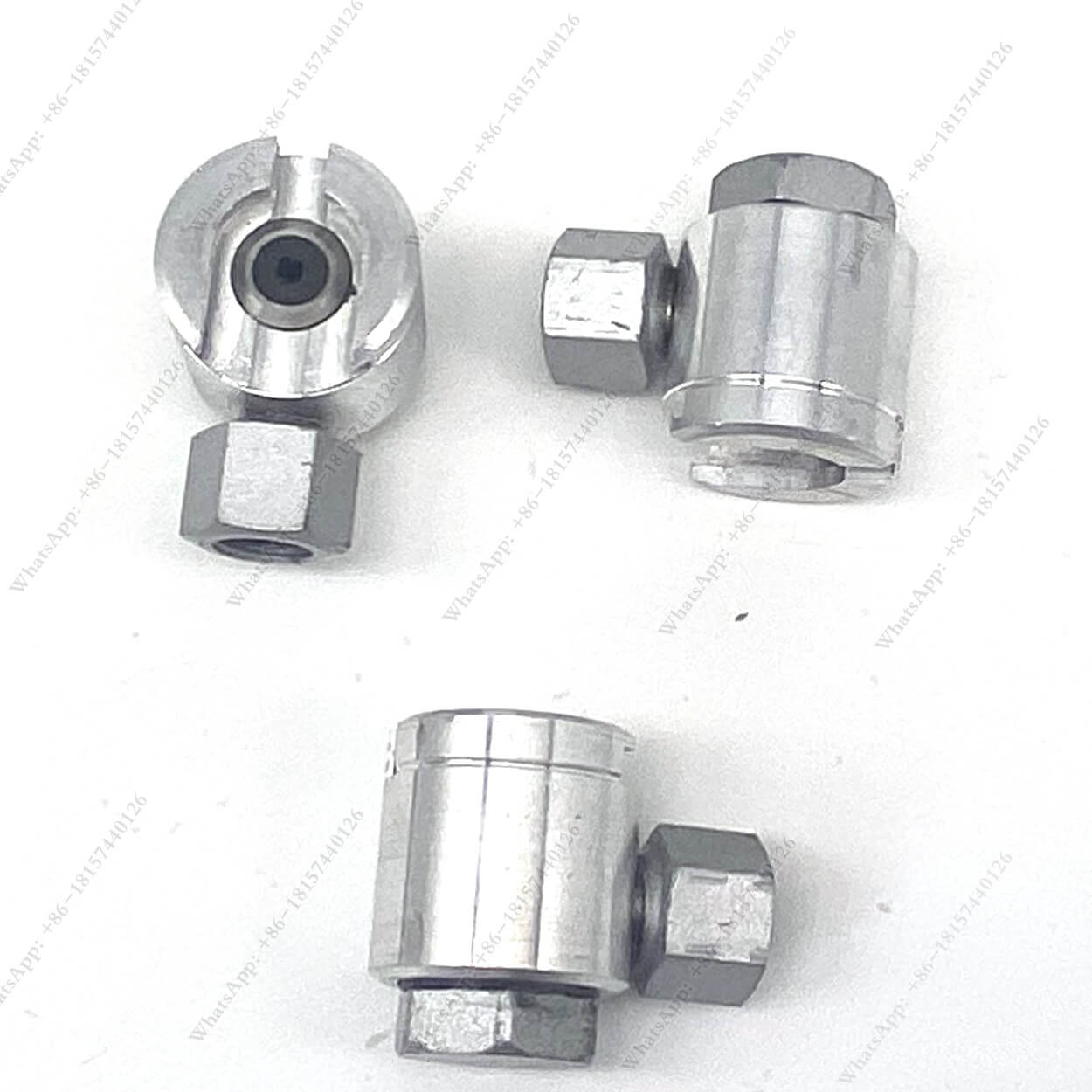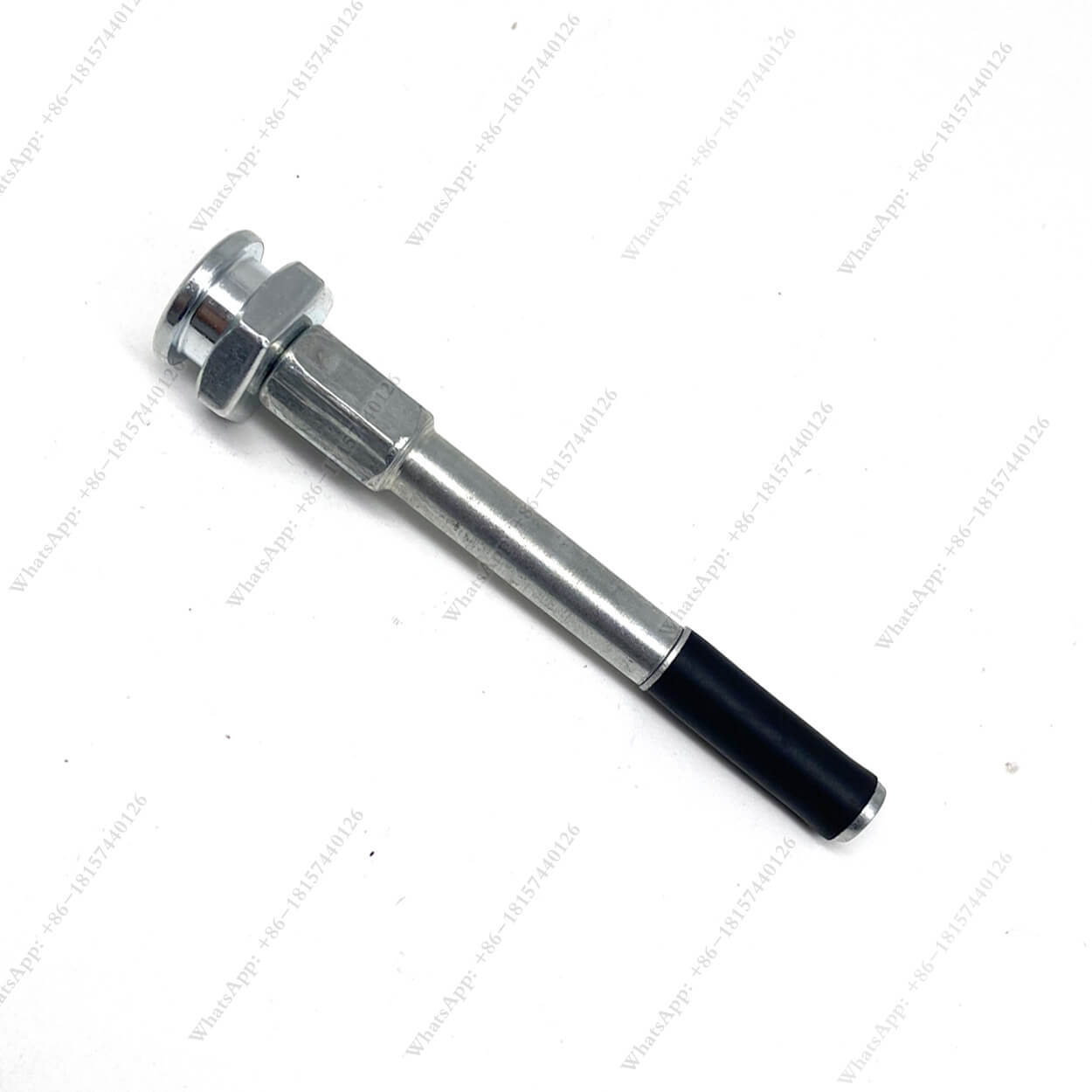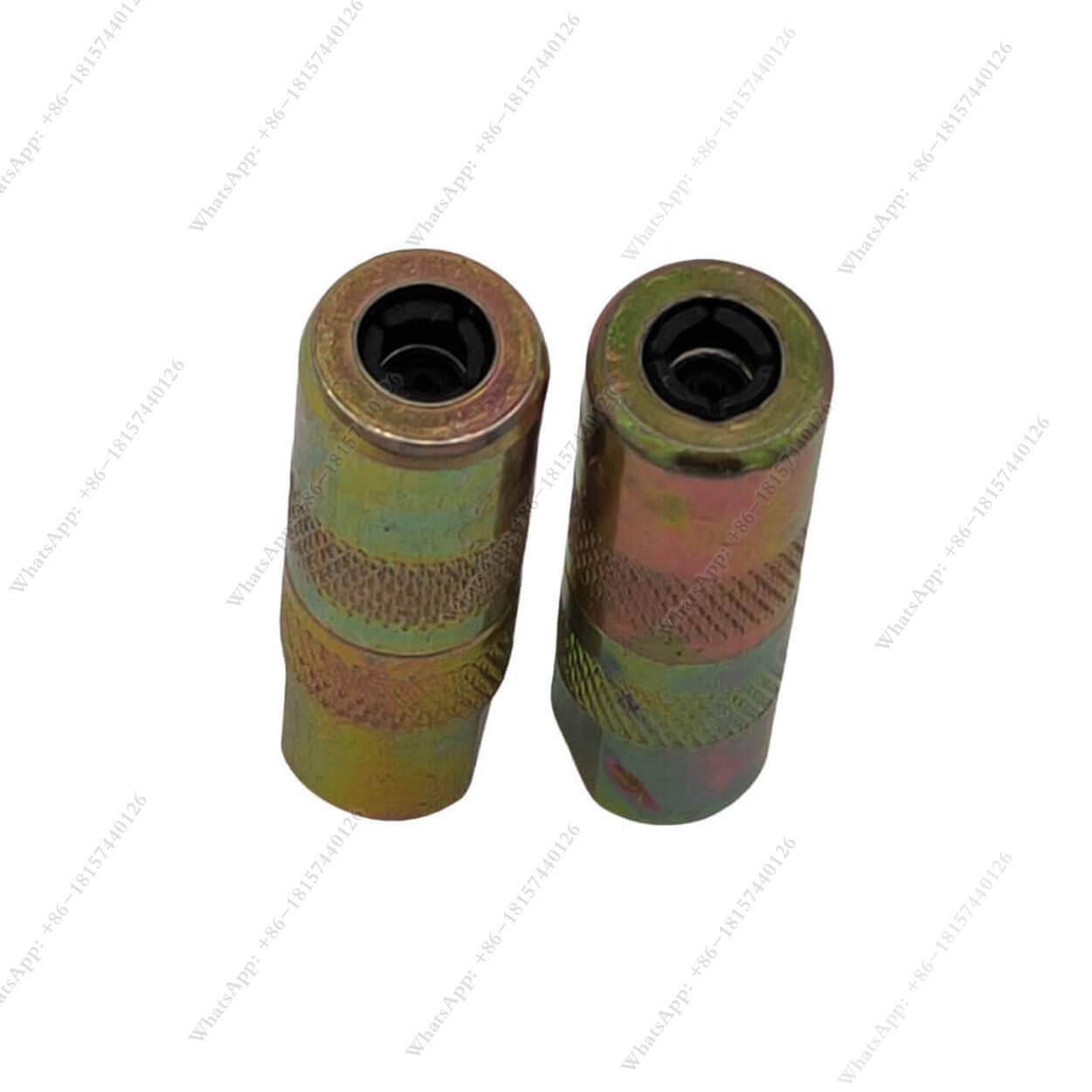What is Injection Grouting? A Comprehensive Guide to its Benefits, Techniques, and Applications
Table of Contents
Summary
But what exactly is injection grouting, and how does it work? In this detailed guide, we’ll dive into the world of injection grouting, explain its various types, and discuss why this technique is crucial for repairing and stabilizing masonry and concrete. Whether you’re a contractor, engineer, or homeowner, understanding injection grouting can help you make informed decisions for your construction or repair projects.
What is Injection Grouting?
Injection grouting is a technique used to fill voids, cracks, and cavities in concrete, masonry, or soil by injecting a specialized grout material under pressure. This process helps repair structural issues, improve waterproofing, and stabilize foundations. The injected grout is often a cementitious or chemical-based material, such as polyurethane or epoxy, depending on the application.
Grouting materials are pumped into the desired area through small holes drilled into the surface. Once injected, the grout fills the void or crack, solidifies, and forms a durable bond. This technique is particularly useful for fixing issues like foundation cracks, water seepage, and soil instability, making it an invaluable tool in construction and maintenance projects.
How Does Injection Grouting Work?
Injection grouting works by injecting a specially designed grout into cracks, voids, or pores in concrete, masonry, or soil. The process typically involves the following steps:
- Drilling: Holes are drilled into the surface of the concrete, masonry, or soil where the grout needs to be injected. The holes are placed strategically based on the location and size of the cracks or voids.
- Injection: The grout, which can be cementitious, polyurethane, or epoxy-based, is injected under pressure through the drilled holes. This ensures the grout fills all the gaps and cracks.
- Sealing: After the grout has been injected, it hardens, filling the void and solidifying the structure. The injected material forms a strong bond, restoring the integrity of the surface.
- Finishing: Once the grout has set, the holes are sealed, and any excess material is removed, leaving behind a smooth surface.
This method is effective for reinforcing weakened structures, preventing water infiltration, and stabilizing soil in various civil engineering and construction projects.
What Are the Different Types of Injection Grouting?
There are several types of injection grouting materials, each designed for specific applications. Some of the most common types include:
Cementitious Grout: Made from a mixture of cement and water, cementitious grouts are ideal for filling cracks and voids in concrete structures. They are commonly used for repairs in foundations, floors, and walls.
Polyurethane Grout: Polyurethane injection grouting is widely used for waterproofing and sealing leaks in concrete and masonry structures. This type of grout expands when injected, effectively filling gaps and creating a seal.
Epoxy Grout: Epoxy-based grouts are often used in industrial settings to repair cracked concrete or improve bonding strength in structural elements. They are particularly effective for repairing concrete cracks exposed to harsh conditions.
Acrylic Grout: Acrylic-based grouts are used for sealing small cracks and leaks, particularly in areas with low-pressure water infiltration.
Resin Grout: Resin-based grouts are often used for stabilizing and waterproofing masonry structures. They are also ideal for repairing small cracks in concrete surfaces.
Each type of grout has its own unique properties and uses, making it essential to choose the right material for the job at hand.
.
Why Should You Use Injection Grouting for Waterproofing?
Injection grouting is an effective method for waterproofing concrete and masonry structures. By injecting a waterproof grout into cracks or voids, you can prevent water infiltration and protect the structure from moisture damage.
Key Benefits of Injection Grouting for Waterproofing
- Seals Cracks and Voids: Injection grouting effectively fills gaps and cracks, preventing water from seeping through.
- Prevents Mold and Mildew Growth: Water infiltration can lead to mold and mildew, which can weaken the structure and pose health risks. Injection grouting helps keep the building dry and free from mold.
- Long-lasting Protection: The grout forms a permanent seal, ensuring that the structure remains waterproof for years to come.
- Cost-Effective: Compared to replacing entire sections of a building, injection grouting is a more affordable solution for waterproofing.
Injection grouting is particularly useful for waterproofing basements, tunnels, and other below-ground structures that are prone to water seepage
How Does Injection Grouting Help with Concrete Cracks?
Concrete cracks can result from a variety of causes, such as settling foundations, temperature fluctuations, or heavy loads. Injection grouting is an effective way to repair cracks and restore the strength of the concrete.
Benefits of Injection Grouting for Concrete Cracks
- Restores Structural Integrity: Grouting fills the crack and bonds the surrounding material, preventing further deterioration.
- Prevents Further Damage: If left untreated, cracks in concrete can lead to larger problems like water infiltration, mold growth, and corrosion. Injection grouting helps prevent these issues.
- Non-invasive: Unlike traditional methods that may involve replacing large sections of concrete, injection grouting is minimally invasive, reducing disruption and cost.
For cracks in concrete foundations, driveways, or walls, injection grouting is a practical and efficient solution
What Are the Benefits of Using Injection Grouts?
Injection grouts offer several key advantages, making them a preferred choice for many construction and repair projects. Some of the benefits include:
- Strengthening: Injection grouting restores and reinforces weakened concrete, masonry, and soil, improving the structural integrity of the surface.
- Waterproofing: Grouting materials, particularly polyurethane and epoxy, are excellent at creating a waterproof barrier, protecting the structure from moisture damage.
- Cost Efficiency: Repairing cracks or voids through injection grouting is typically less expensive than other methods, such as replacing entire sections of concrete or masonry.
- Durability: The materials used in injection grouting are designed to last, offering long-term solutions to common construction issues.
What Is Polyurethane Injection Grouting?
Polyurethane injection grouting is a specialized form of grouting that uses polyurethane resin to fill cracks and voids in concrete or masonry. Polyurethane grout has several distinct advantages, including:
- Expansion: When injected, polyurethane grout expands to fill cracks and voids, creating a complete seal.
- Waterproofing: Polyurethane is highly effective at stopping water infiltration, making it ideal for use in wet or damp environments.
- Fast Curing: Polyurethane grout sets quickly, making it an efficient solution for time-sensitive projects.
This type of injection grouting is commonly used in foundation repair, basement waterproofing, and tunnel sealing.
How Does Injection Grouting Prevent Infiltration?
Injection grouting is one of the most effective methods for preventing water infiltration in concrete and masonry structures. By filling cracks and voids with a waterproof grout, you can ensure that water doesn’t seep into the structure, causing potential damage.
Grouting is particularly useful in areas where water infiltration is common, such as basements, foundation walls, and underground tunnels. The grout forms a solid barrier, preventing water from entering and causing issues like mold growth or structural damage.
Can Injection Grouting Be Used for Masonry Repairs?
Yes, injection grouting can be used for masonry repairs. Whether you need to fix cracks in brick, stone, or block walls, injection grouting offers a reliable solution. The grout can fill voids and cracks in masonry, restoring its strength and integrity.
Injection grouting is particularly useful for repairing older masonry buildings or structures with weakened mortar joints. The process helps prevent further degradation and extends the lifespan of the masonry.
What Is the Cost of Injection Grouting?
The cost of injection grouting varies depending on several factors, including the size and scope of the project, the type of grout used, and the location of the cracks or voids. On average, injection grouting is a cost-effective solution compared to other repair methods, such as replacing entire sections of concrete or masonry.
It is important to get an estimate from a professional contractor before starting a project to ensure that you understand the costs involved.
Conclusion: Key Takeaways on Injection Grouting
- Injection groutingis a valuable technique used to repair cracks, fill voids, and stabilize structures.
- It is effective for waterproofing, preventing infiltration, and restoring the integrityof concrete and masonry.
- Different types of grouts, such as polyurethane, cementitious, and epoxy, are available for various applications.
- Injection grouting is a cost-effective, non-invasive, and durablesolution for repairing damaged structures.
Key Points to Remember
- Injection grouting is used to fill cracks and voids in concrete, masonry, and soil.
- Polyurethane and epoxy grouts are ideal for waterproofing and sealing leaks.
- It helps stabilize foundations, restore structural integrity, and prevent further damage.
- Choose the right type of grout based on the applicationand environmental conditions.
By using injection grouting, you can protect your structures from further deterioration, reduce repair costs, and ensure long-lasting durability.
Comments
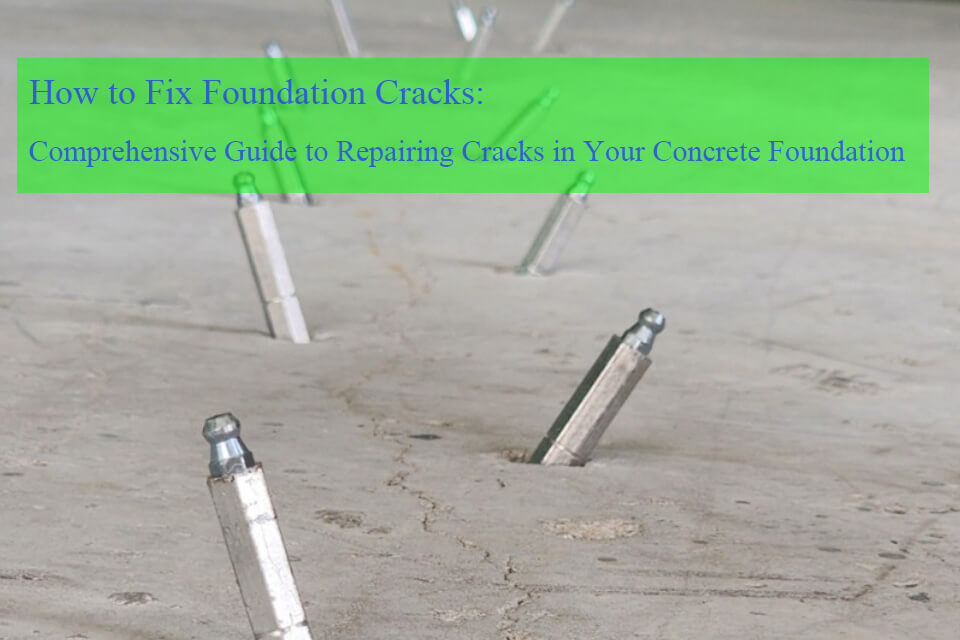
How to Fix Foundation Cracks: Comprehensive Guide to Repairing Cracks in Your Concrete Foundation
Foundation cracks can be an alarming sight, but understanding how to address them can save you time, money, and worry.
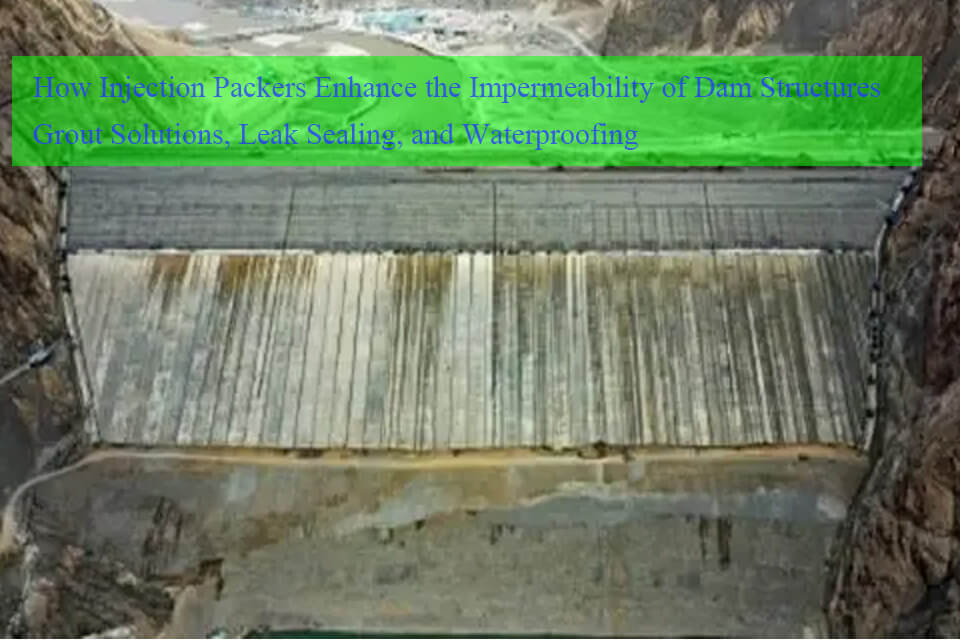
How Injection Packers Enhance the Dam Structures Impermeability
Keeping a dam waterproof is essential for maintaining its structural integrity and preventing water erosion.
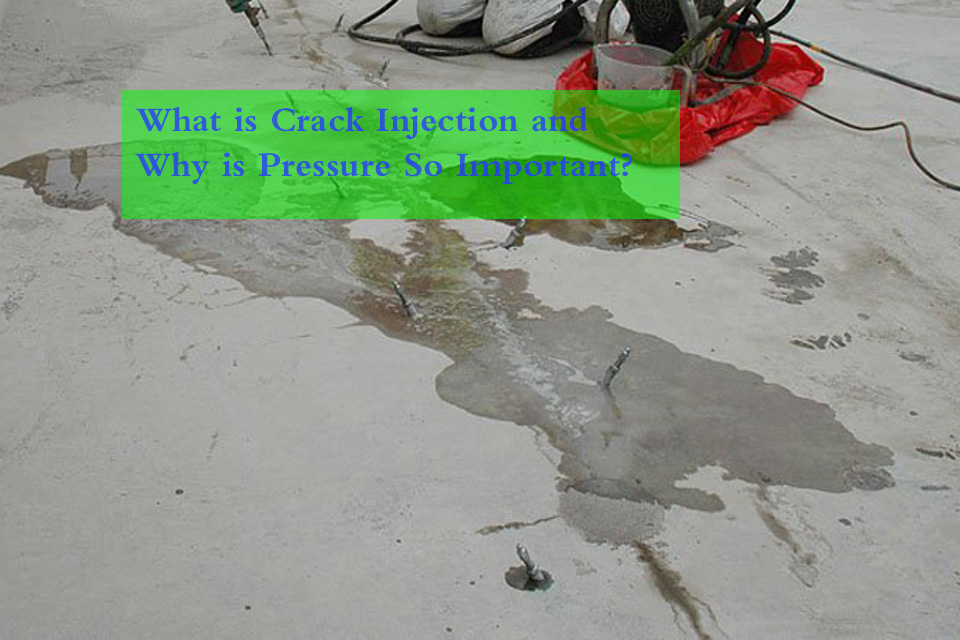
What is Crack Injection and Why is Pressure So Important?
Crack injection is a method of repairing concrete structures by forcing a repair material, such as epoxy or polyurethane, into cracks under pressure.
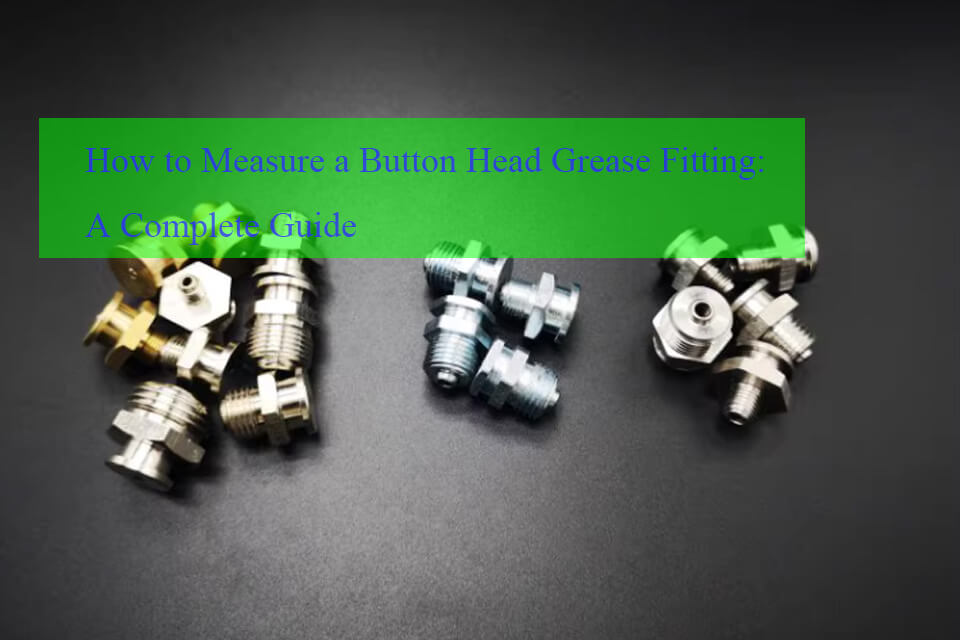
How to Measure a Button Head Grease Fitting: A Complete Guide
Button head grease fittings are widely used in heavy machinery and industrial applications, ensuring that grease is delivered effectively to vital components.
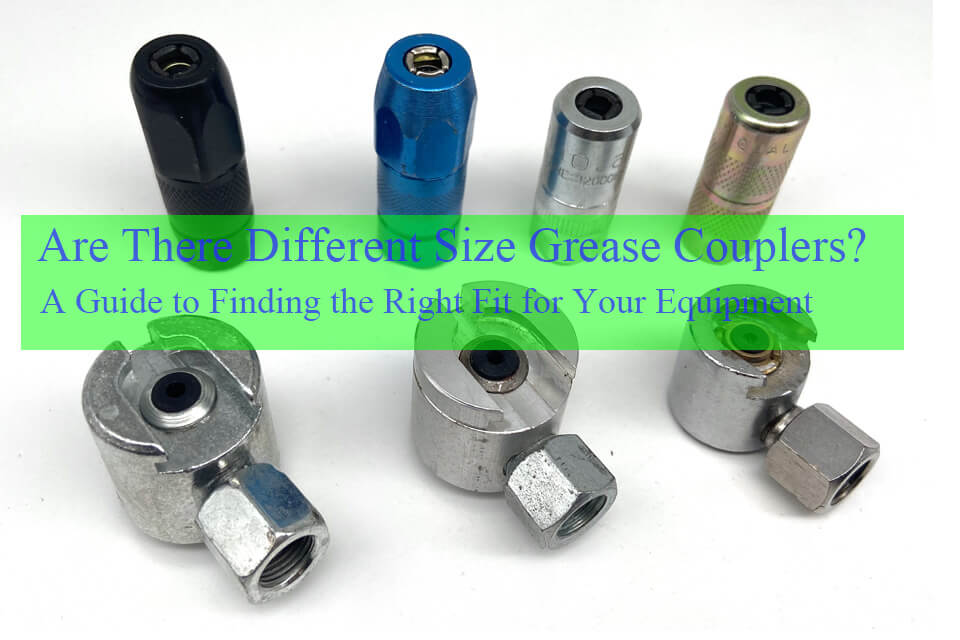
Are There Different Size Grease Couplers? A Guide to Finding the Right Fit for Your Equipment
Grease couplers are essential tools in maintaining machinery and crack injection, ensuring that lubrication reaches all the critical parts that keep equipment running smoothly.
- [email protected]
- +86 18157440126
- Mon-Sun 8:00-21:00
Tags
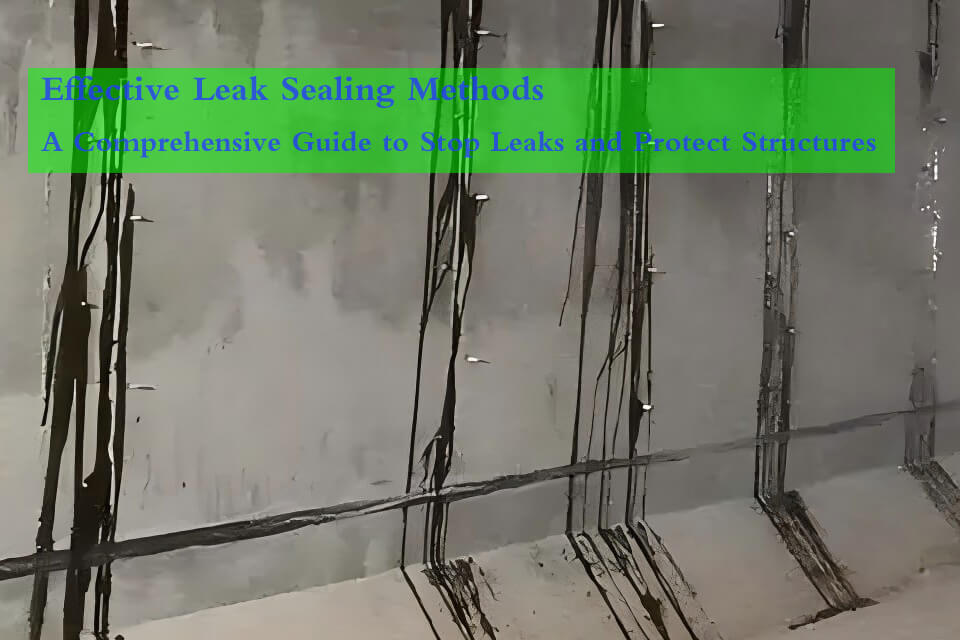
Effective Leak Sealing Methods: A Comprehensive Guide to Stop Leaks and Protect Structures
Leaks can occur in a wide range of environments, from commercial buildings to homes, and even industrial facilities.
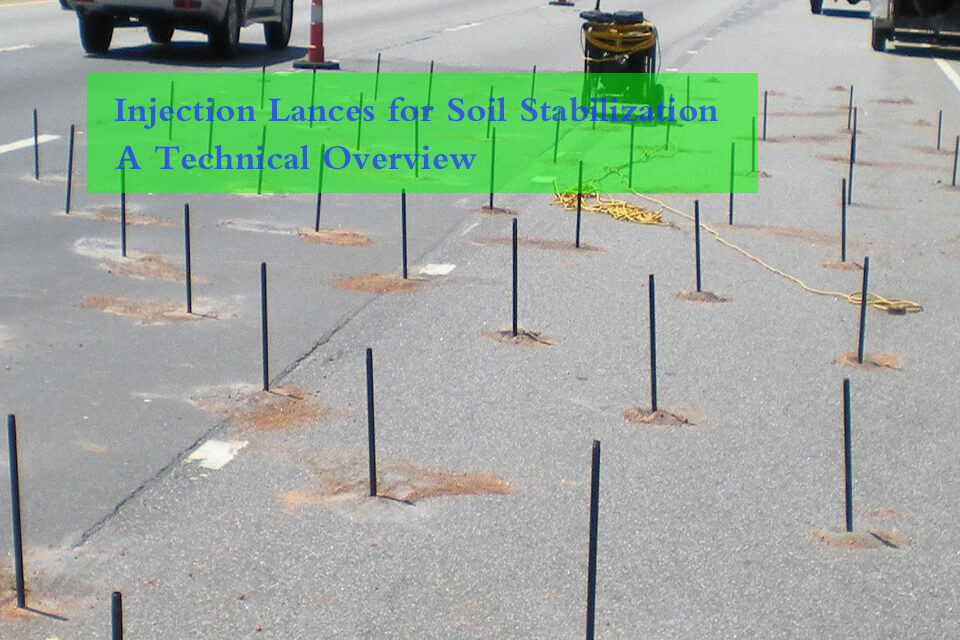
Injection Lances for Soil Stabilization: A Technical Overview
Injection lances are essential tools for soil stabilization and ground reinforcement, designed to improve the structural integrity of the soil by injecting stabilizing agents at precise depths.
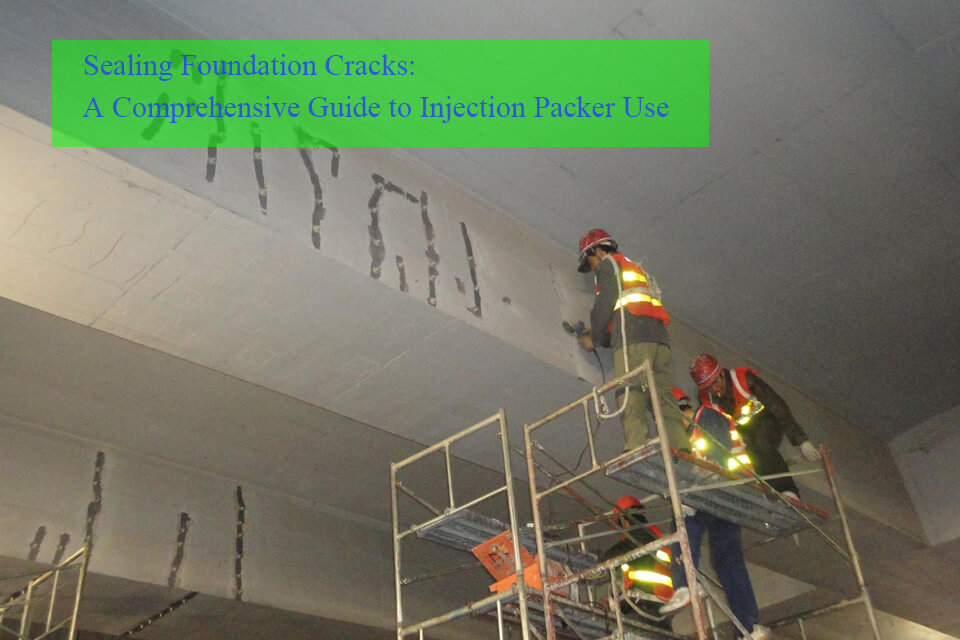
Sealing Foundation Cracks: A Comprehensive Guide to Injection Packer Use
Foundation cracks are a homeowner’s nightmare, potentially leading to structural damage, water leaks, and costly repairs.

